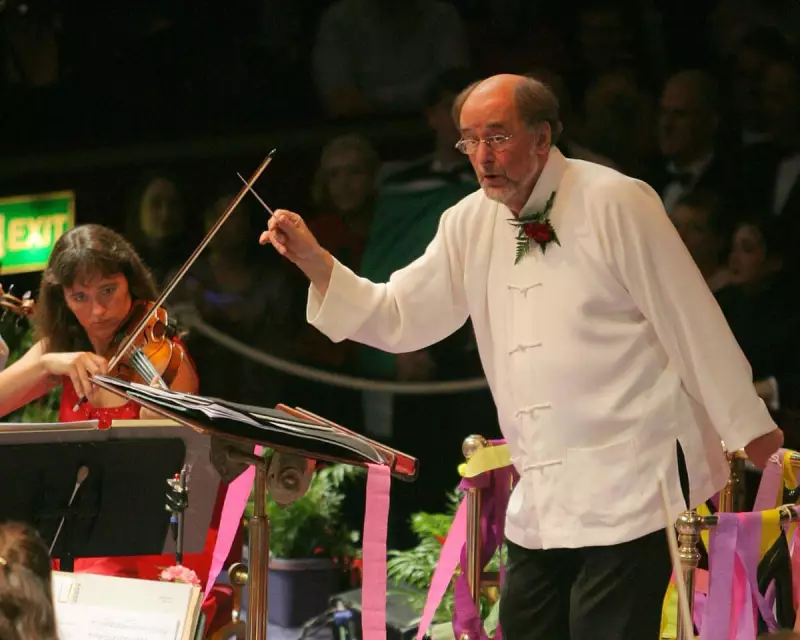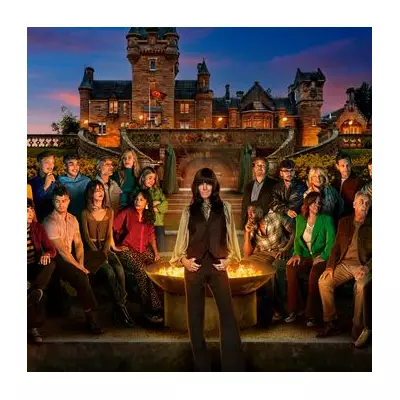
The world of classical music mourns the loss of Sir Roger Norrington, the visionary conductor whose groundbreaking approach to historically informed performance reshaped orchestral music. Passing away at the age of 90, Norrington leaves behind a legacy that redefined how audiences experience works by Mozart, Beethoven, and beyond.
A Revolutionary Approach to Classical Music
Sir Roger Norrington first made waves in the 1960s when he founded the Schütz Choir, marking the beginning of his lifelong dedication to authentic performance practices. His insistence on using period instruments and adhering to original tempos challenged conventional interpretations, earning both admiration and controversy.
Transforming Major Orchestras
Norrington's influence extended to some of the world's most prestigious ensembles:
- London Classical Players (founder)
- Stuttgart Radio Symphony Orchestra
- Zurich Chamber Orchestra
- Camerasata Salzburg
His tenure with the Stuttgart Radio Symphony Orchestra from 1998 to 2011 saw radical transformations, as he implemented vibrato-free string playing and historically accurate brass techniques.
The Beethoven Revolution
Norrington's complete Beethoven symphony cycle with the London Classical Players in the 1980s became a landmark recording. By stripping away centuries of performance tradition, he revealed the composer's works with startling freshness and vitality.
"He made us hear Beethoven as if for the first time," remarked critic Richard Morrison of The Times.
Later Career and Legacy
Even in his later years, Norrington remained active, conducting major orchestras while maintaining his characteristic energy and wit. His 2007 knighthood recognised not just his musical achievements, but his role as one of Britain's most important cultural ambassadors.
Beyond the concert hall, Norrington was known for his engaging lectures and writings that demystified classical music for new audiences. His legacy lives on through countless musicians he inspired and the transformed landscape of orchestral performance.





